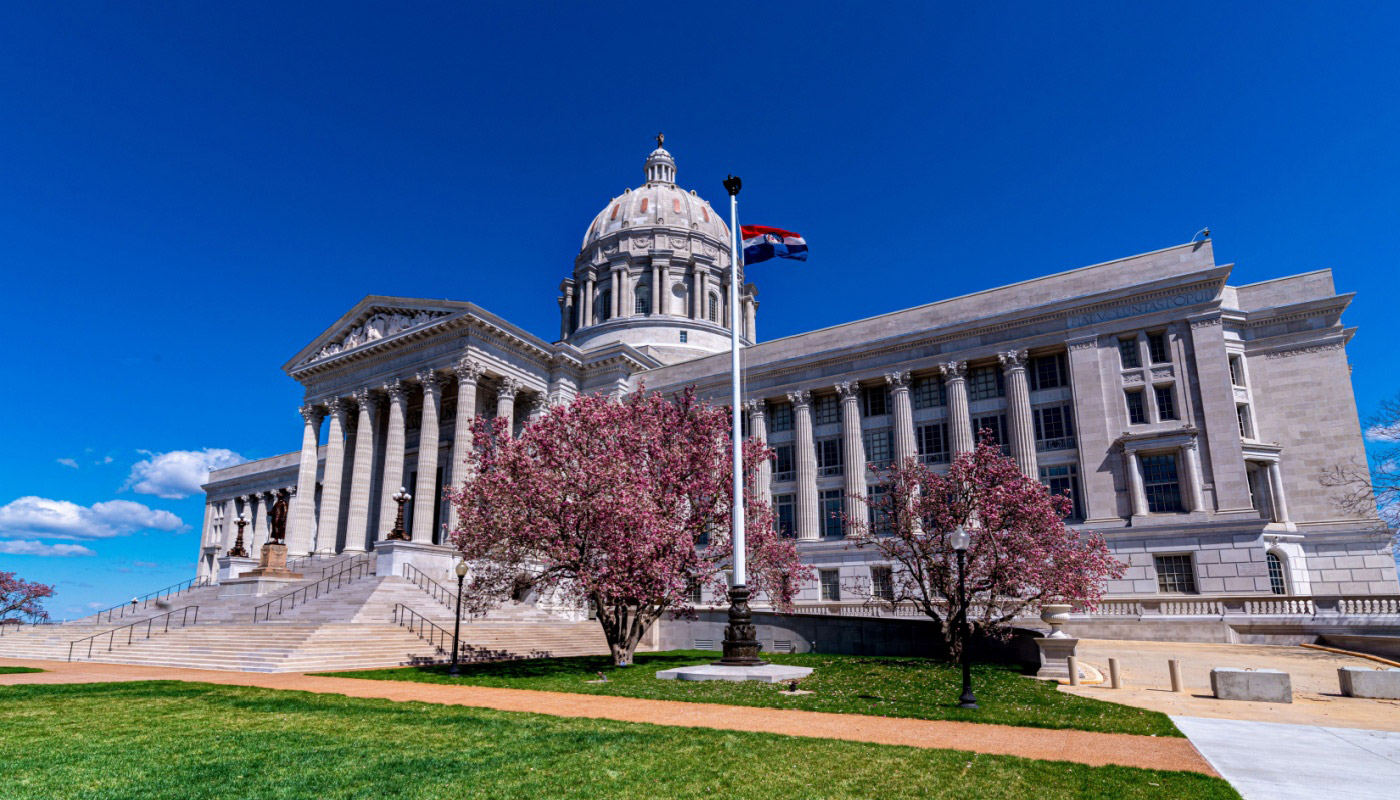
News writer, Interviewer
A quiet addition to Missouri's state budget could dramatically change how lottery tickets are sold across the state. The provision, inserted without public debate by the Senate Appropriations Committee, would establish a three-year pilot program allowing online lottery ticket purchases through courier services.
Controversy surrounds the lottery courier proposal
The proposal would permit companies like Jackpocket and Lotto.com to charge fees for buying lottery tickets on behalf of customers. These courier services typically add 15% to 25% surcharges, significantly higher than the 5% commission traditional lottery retailers receive.
The business model has generated controversy in other states. Texas recently banned courier services after investigations uncovered issues, including a London-based trader who bought all 25.8 million possible number combinations to win a $92 million prize.
Lobbyists representing casinos and video lottery companies - groups typically at odds - have united in opposition to the provision. Meanwhile, major lottery courier companies have hired veteran Jefferson City lobbyists to advocate for their interests.
State Rep. Betsy Fogle of Springfield noted significant concern about legislating this change through the budget process rather than through proper statutory channels.
Budget process transparency questioned
The lottery courier language highlights broader transparency concerns in Missouri's budget process. State Sen. Joe Nicola, a Republican from Independence, criticized the current system as problematic dealmaking that lacks proper transparency.
Hough defended the process as transparent because budget items receive public hearings, and changes are announced publicly. Senate leadership from both parties expressed support for Hough's approach, with Senate Minority Leader Doug Beck acknowledging that everyone has input in the process.
Nicola advocates for greater transparency, suggesting Missouri follow the U.S. Congress model, where lawmakers publish earmark requests on their websites. He believes the state legislature should identify which lawmaker or entity requested specific funding to increase accountability to constituents.
Key budget decisions pending as deadline approaches
All budget decisions must be finalized before this week's 6 p.m. CT Friday constitutional deadline. Conference committees must resolve differences on hundreds of items and decrease the $1.6 billion gap between House and Senate spending proposals.
Missouri currently has a historic general revenue surplus of $3.8 billion, with an additional $1.4 billion available for general spending. Both chambers propose reducing this surplus, but with current revenues down almost 2% from last year, the withdrawal could grow by up to $100 million.
Major issues to be resolved include:
- $300 million added by the Senate for public schools.
- $107 million for child care, which was not approved by the House.
- Different proposals for state employee pay raises and higher education funding.
- $50 million House-approved expansion of a private school tuition scholarship program that the Senate omitted.
Democrats, despite holding less than one-third of the seats in the General Assembly, generally favor the Senate version on several key items. However, House Democrats feel their negotiating position was undermined when Speaker Jon Patterson rejected some of their committee selections.
The surprise appointment of state Rep. Marlene Terry, who isn't on the Budget Committee but supports the scholarship funding, particularly frustrated House Democrats. House Minority Leader Ashley Aune expressed significant disappointment with the process.
Lottery faces declining sales
The proposed online lottery ticket sales come as the Missouri Lottery faces financial challenges. Sales fell by $50 million in the most recent fiscal year, and transfers to education programs are down 15% in the current year.
The lottery provides approximately 4% of Missouri's total education funding, making its financial performance significant for the state's educational system.
When asked about the online sales provision, Hough acknowledged he was unaware of the issues experienced in Texas and noted the lottery director seemed indifferent to the proposal. He suggested the provision might not survive the conference committee process.
As legislators work to finalize Missouri's $49.5 billion spending plan this week, the fate of this provision and hundreds of other budget items remains uncertain.


















Comments